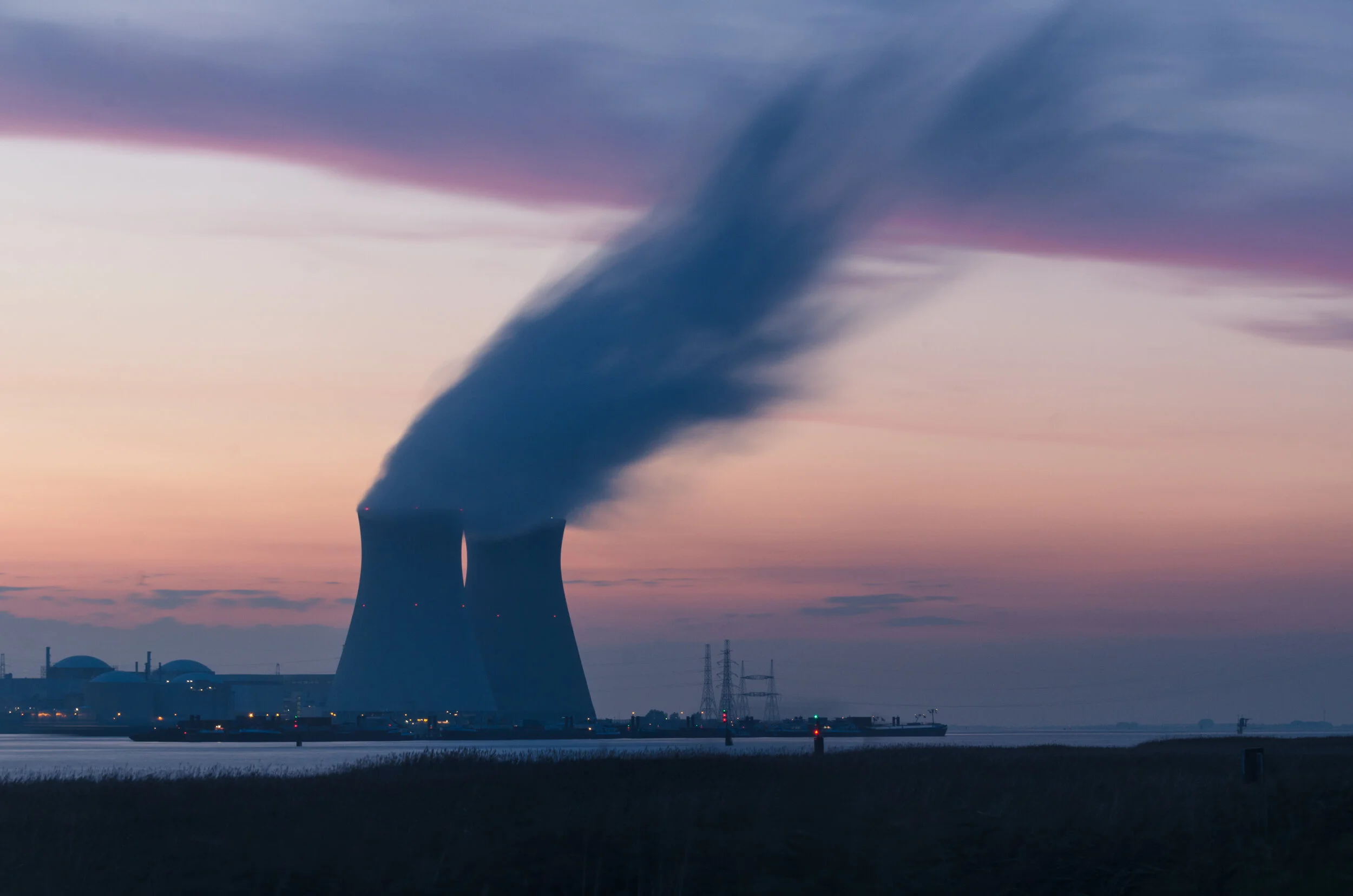MIT Media Lab
Nuclear Waste Management and its Impact on Energy, Security, and Safety
Dr. Katlyn Turner, research scientist, Space Enabled Research Group, MIT Media Lab
THURSDAY, APRIL 15, 2021
Suggested audience: adults and older youth, suitable for ages 14+
The state of long-term management of nuclear waste in the United States has been at a stalemate for several years. While technical options exist for long-term isolation of toxic radioactive waste, these are irrelevant in the face of the socio-political complications of siting and operating a nuclear waste repository. This lecture will outline and detail 1) the history of nuclear waste management options considered by the United States leading to its decision to pursue a long-term geologic repository for ultimate waste disposal, 2) the process—technical and political—of attempting to site Yucca Mountain as the United States' repository for civilian nuclear waste, and 3) the outlook moving forward for any attempts to site and operate a long-term geologic repositor—Yucca Mountain or otherwise—for nuclear waste in the United States. This lecture will situate the struggle to effectively manage nuclear waste within the realm of nuclear energy issues, nuclear security, and nuclear non-proliferation issues.
About the Presenter:
Dr. Turner is a research scientist at the MIT Media Lab in the Space Enabled group; a Research to Policy Engagement fellow at MIT’s Technology and Policy Program; and a research associate at the Project on Managing the Atom at the Harvard Kennedy School’s Belfer Center for Science and International Affairs.
Her research is concerned with the ways in which complex systems and technology often exacerbate social hierarchy and inequity — whether it’s nuclear waste management affecting small communities’ safety and land rights; data and algorithms inappropriately categorizing individuals from lower socioeconomic backgrounds; or innovation practices and products producing racist products and results. She is interested in the design of processes and policies that promote justice and equity, particularly for historically underprivileged groups.
Dr. Turner earned her Ph.D. in 2017 from Stanford University’s School of Earth, Energy and Environmental Sciences. She is a 2012 graduate of the University of Notre Dame, where she earned a B.S. in Chemical and Biomolecular Engineering.


